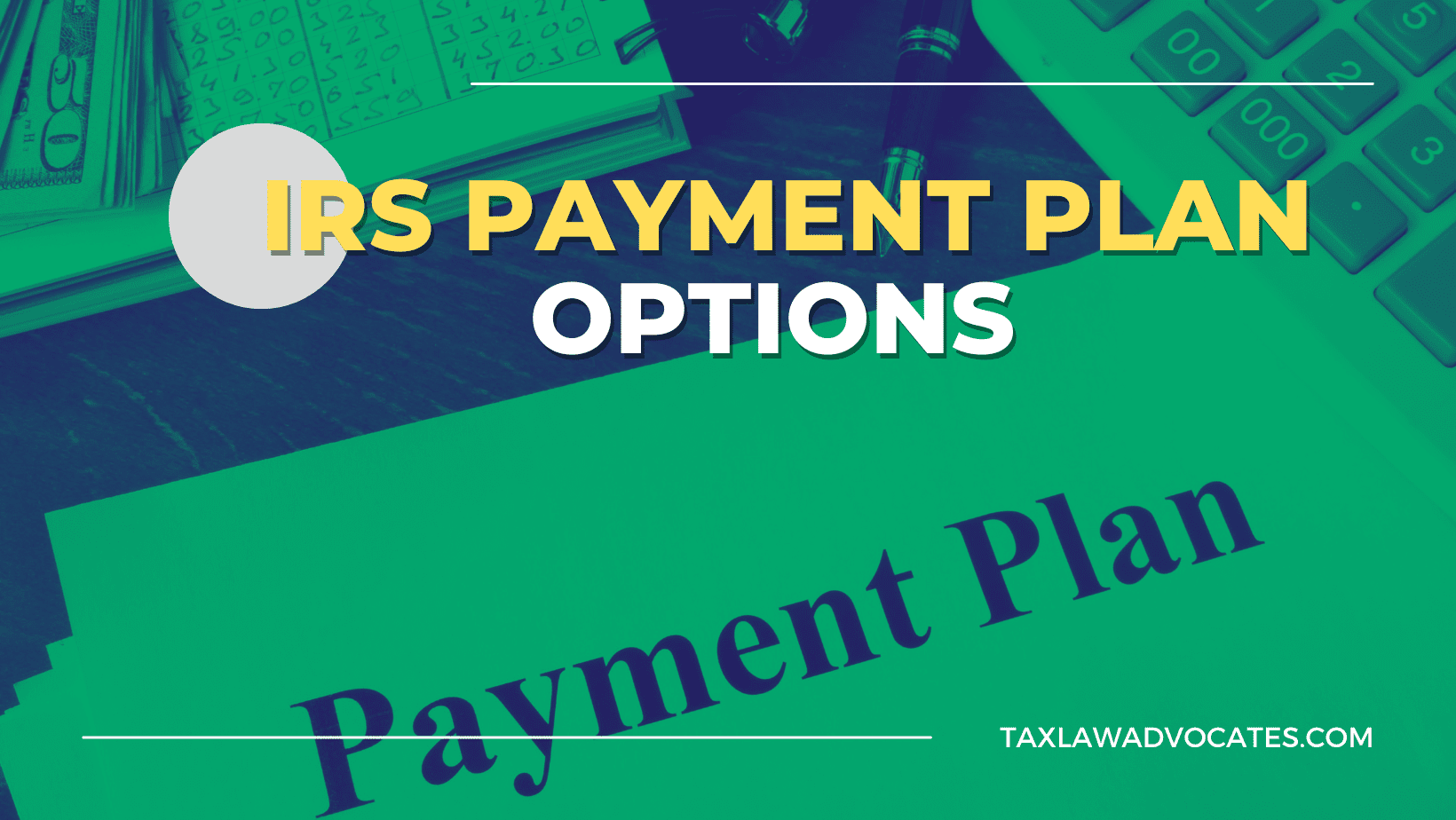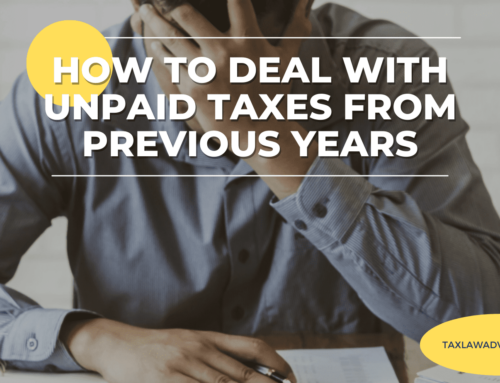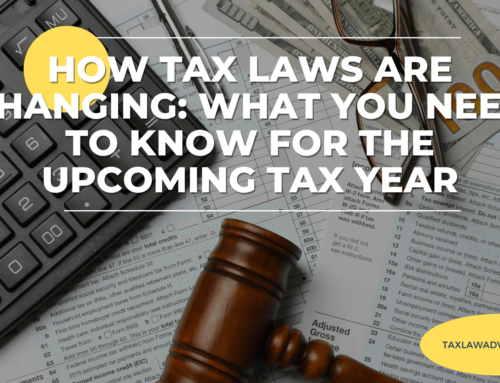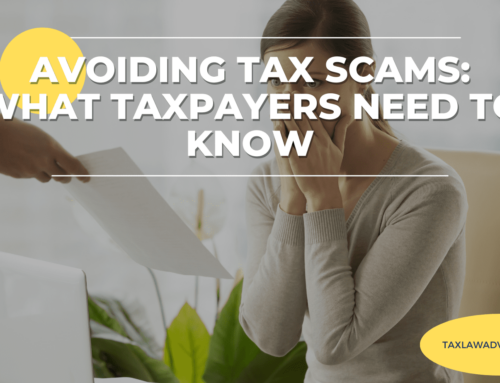What options are available to taxpayers who can’t pay their taxes on time?
One of the biggest questions we get here at Tax Law Advocates is what to do if you can’t pay your taxes on time. The answer, unfortunately, isn’t always simple. There are a few different options available to taxpayers who can’t pay their taxes on time, and the best course of action will depend on your individual situation.
If you know that you won’t be able to pay your taxes in full by the April deadline, one option is to file for an extension. This will give you an additional six months to come up with the money. However, it’s important to note that an extension does not mean that you don’t have to pay your taxes – it just gives you more time to do so. You will still need to estimate how much you owe and send in a payment by the April deadline.
Another option is to set up a payment plan with the IRS.
What are the consequences of not paying your taxes on time?
The first thing you need to understand is that the IRS is a government agency whose job it is to collect taxes. If you can’t pay your taxes on time, they will eventually come after you. The consequences of not paying your taxes on time can be significant. If you owe money to the IRS, they may assess penalties and interest on the outstanding balance. The IRS may also file a notice of lien against your property, which could make it difficult to sell or refinance your home. In extreme cases, the IRS could even seize your assets.
Entering into a payment plan with the IRS can help to avoid these consequences. By making regular payments, you can reduce the amount of penalties and interest that accrues on your outstanding balance. Payment plans can also help to avoid a notice of lien being filed against your property.
What types of IRS payment programs are available?
There are a few payment programs available that can help you avoid unpleasant repercussions. The most important thing to remember is that you need to act quickly. The sooner you contact one of our tax attorneys, the more options you will have.
There are three main types of IRS payment plans: short-term, long-term, and installments plans. Short-term plans allow you to pay your taxes within 120 days. These plans are interest-free and penalty-free. Long-term plans allow you to pay your taxes over a period of up to six years. These plans also have no interest or penalties. Installment plans allow you to make monthly payments towards your tax debt. These plans have interest and late payment penalties, but they can be a good option if you can’t afford to pay your taxes all at once.
How do you know if you’re eligible for a payment plan or an installment agreement with the IRS?
The IRS offers payment plans and installment agreements to help taxpayers who are struggling to pay their taxes. But how do you know if you’re eligible for one of these programs? The answer depends on several factors, including your income, your assets, and your ability to pay. Consulting with Tax Law Advocates can help you determine which repayment plan is best for you.
It’s up to the taxpayer (or their representative) to request a payment plan or installment agreement. Once the request is submitted, the IRS will review your financial situation and determine whether or not you qualify for the program.
If you do qualify, the next step is to agree to the terms of the payment plan or installment agreement. This typically includes agreeing to make regular payments over a period of time, as well as paying any interest and penalties that may be owed.
Once you have agreed to the terms of the payment plan or installment agreement, it’s important to keep up with your payments. If you miss a payment, you may be subject to additional interest and penalties, and your payment plan or installment agreement may be canceled. But as long as you stay current on your payments, you’ll be able to gradually reduce your tax debt and get back on track with the IRS.
What happens if you can’t keep up with your payments under a payment plan or installment agreement ?
Let’s say you owed the IRS $10,000, but you couldn’t afford to pay it all at once. You enter into a payment plan, agreeing to pay $500 per month for 20 months. But then something happens and you can’t make a payment. Maybe you lose your job, or you have a medical emergency. What happens next?
If you can’t make a payment on your IRS debt, the first thing you should do is contact the IRS and explain your situation. They may be willing to work with you to adjust your payment plan. However, if you can’t reach an agreement, the IRS will begin collection activities. This could include wage garnishment, levying your bank account, or filing a notice of federal tax lien. In other words, they will take steps to collect the money you owe them.
If you’re having trouble paying your taxes, it’s important to act quickly. The sooner you contact the IRS, the more likely they are to work with you. So don’t wait until you’re behind on payments to call them.
How do you apply for an IRS payment plan or installment agreement?
To apply for an IRS payment plan or installment agreement, you’ll need to fill out the appropriate form and submit it and your supporting documents to the IRS. The professionals at Tax Law Advocates have extensive experience in helping taxpayers deal with the IRS. We can help you with your applications and your paperwork to ensure that everything is right the first time.
Is there any other help for taxpayers?
If neither of these options is feasible for you, another possibility is to try to negotiate a “offer in compromise” with the IRS. This is basically an agreement between you and the IRS that allows you to settle your tax debt for less than the full amount owed. However, this option is only available in certain cases, and it can be very difficult to qualify for.
To get the best outcome, we urge you to work with our professionals who have experience in helping taxpayers to qualify and negotiate with the IRS to reduce debt.
Get Help Now
As you can see, there are a few different options available if you can’t pay your taxes on time. The best course of action will depend on your individual circumstances. If you have any questions about your specific situation, we recommend a brief initial conversation to determine the best steps for you.
No one enjoys owing the IRS, but sometimes it’s unavoidable. If you find yourself in this situation, don’t go it alone! Contact us today to learn more about how we can help improve your financial situation.






